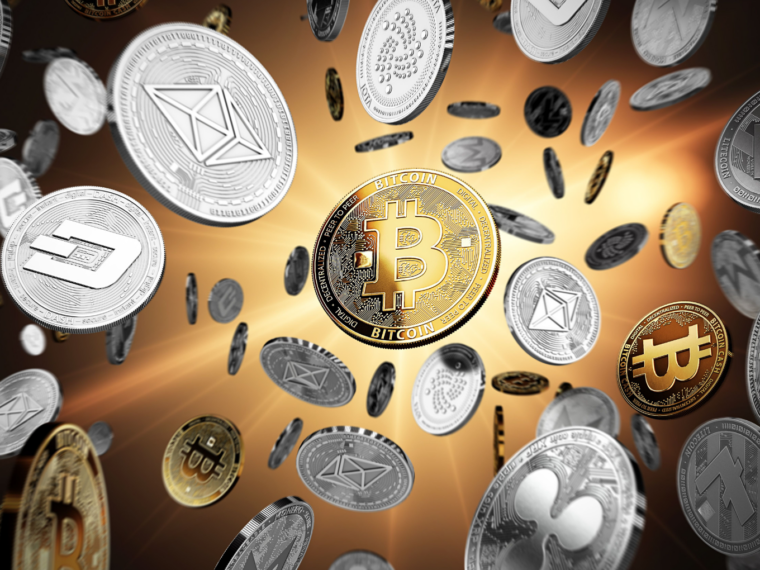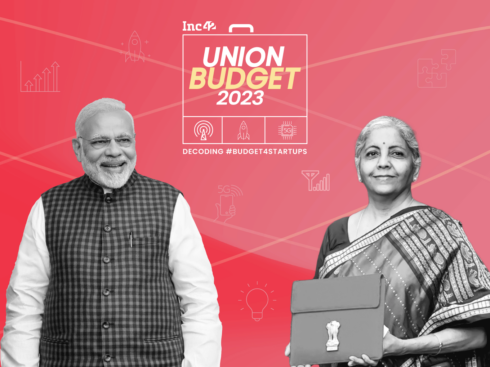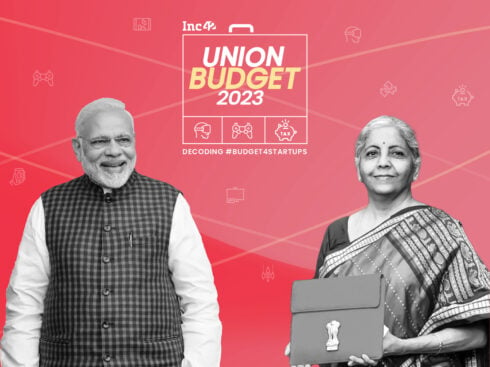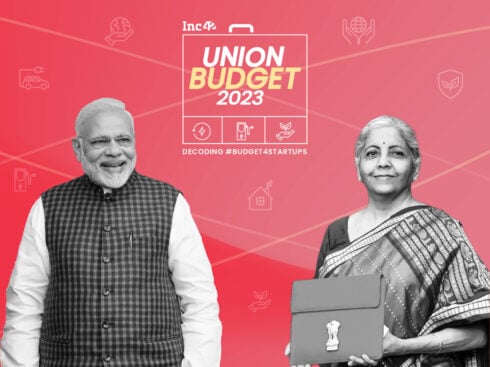
SUMMARY
The geographically pervasive nature of the crypto ecosystem necessitates a common approach to the regulation of these volatile instruments: Economic Survey
Crypto assets are self-referential instruments and do not strictly pass the test of being a financial asset, the Survey said
Global standards need to be comprehensive and consistent, and should be flexible enough to be adjusted in the future based on market developments: Economic Survey
Highlighting the geographically pervasive nature of cryptocurrencies, the Economic Survey 2022-23 called for global regulations for the crypto ecosystem.
“The geographically pervasive nature of the crypto ecosystem necessitates a common approach to the regulation of these volatile instruments,” the Survey, tabled by Finance Minister Nirmala Sitharaman in the Parliament on Tuesday (January 31), said.
The Economic Survey is a flagship document of the Ministry of Finance which discusses the state of the economy, achievements, and challenges, among others. This year’s Economic Survey was prepared under the leadership of Chief Economic Advisor V Anantha Nageswaran.
While the demand for global regulations for cryptocurrencies is in line with the Indian government’s stand on the issue, the Survey also had some harsh words for cryptos.
“The recent collapse of the crypto exchange FTX and the ensuing sell-off in the crypto markets have placed a spotlight on the vulnerabilities in the crypto ecosystem. Crypto assets are self-referential instruments and do not strictly pass the test of being a financial asset because it has no intrinsic cashflows attached to them,” the Survey said.
It said that international forums such as the OECD and G20 are discussing a globally coordinated approach to regulating crypto assets, a long-standing demand of the Indian government.
“There are minimal global standards applicable to unbacked crypto assets, which do not currently mitigate all risks and vulnerabilities. Even as Standard-Setting Bodies (SSBs) have been making efforts to adjust and develop standards, these remain mainly focused on specific issues (financial integrity), sectors (payments, securities and banking), products (global stablecoins), or entities designated as systemic by domestic authorities,” the Survey said.
It highlighted that there are regulatory gaps at each stage when crypto assets are issued, transferred, exchanged, or stored by non-bank entities. Crypto’s cross-sector and cross-border nature limits the effectiveness of uncoordinated national approaches. Moreover, terminology used to describe the different activities, products, and stakeholders is not globally harmonised.
The Survey defined “crypto asset” as a broad spectrum of digital products that may need the attention of multiple domestic regulators based on their actual or intended use. There is a range of crypto actors, such as miners, validators, and protocol developers, that may not be easily covered by traditional financial regulation
“Global standards need to be comprehensive and consistent; regulatory responses must be based on standard taxonomies, reliable data to address contagion effects, and flexible enough to be adjusted in the future based on market developments and future international standards,” it added.
While the Reserve Bank of India is a staunch opponent of private cryptocurrencies, the Indian government has not made its stand clear on them. However, the government brought crypto income and transactions under the tax net last year.
Sitharaman introduced a 30% tax on income from virtual digital assets (VDAs), including cryptos and non-fungible tokens (NFTs), in the last Budget. As per the rules, loss from one asset can not be set off against gain from other assets.
Moreover, it also levied a TDS at the rate of 1% on VDA transactions, effective from July 1, 2022.
Besides the crash of FTX, Luna, and Terra, crypto scams such as GainBitcoin, BitConnect and Morris Coin have also raised concerns among government officials.






























 Ad-lite browsing experience
Ad-lite browsing experience